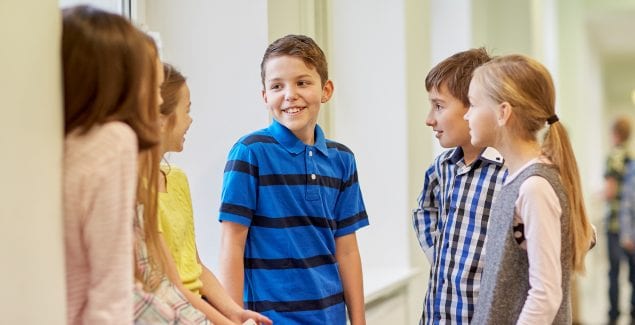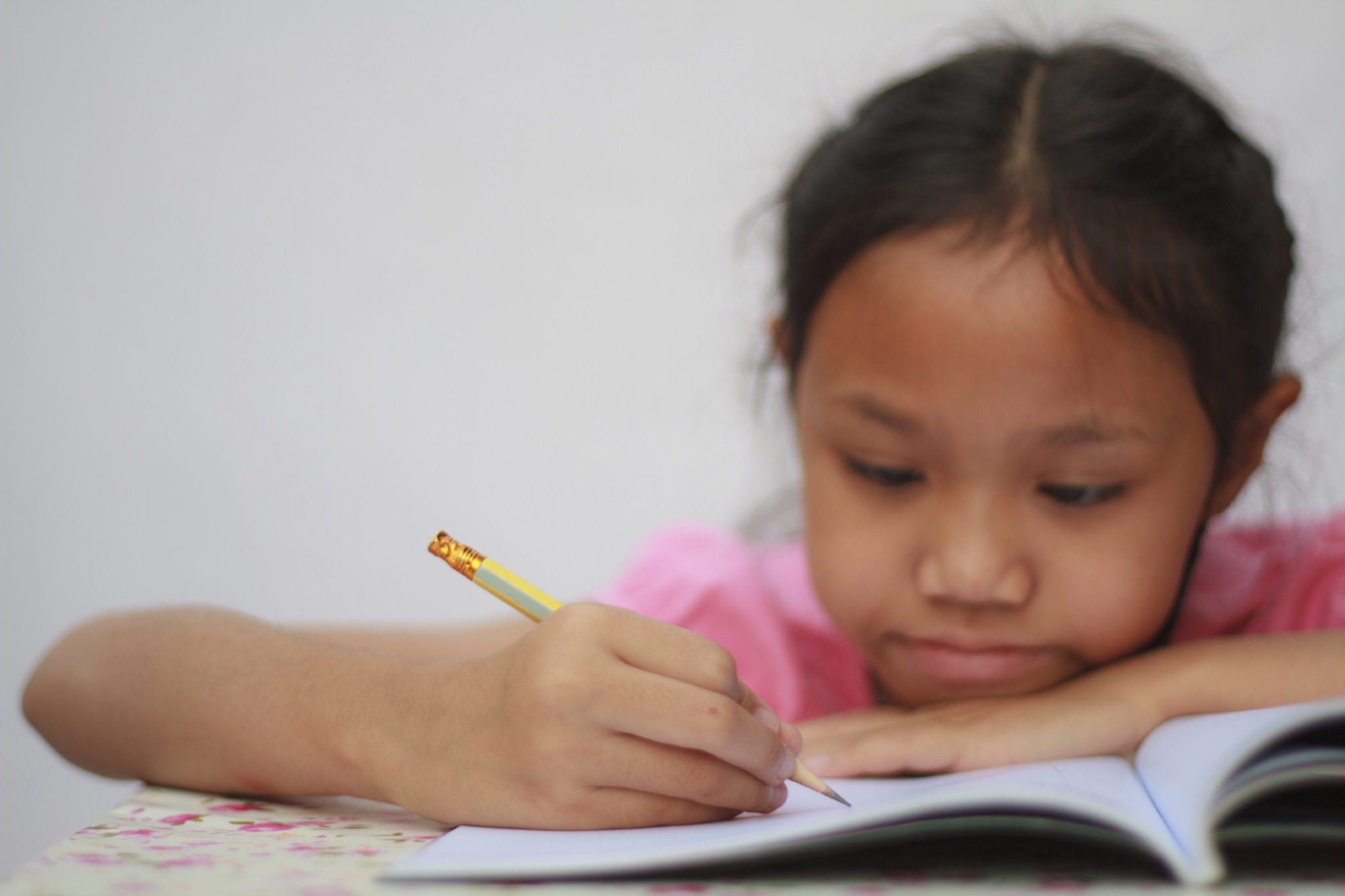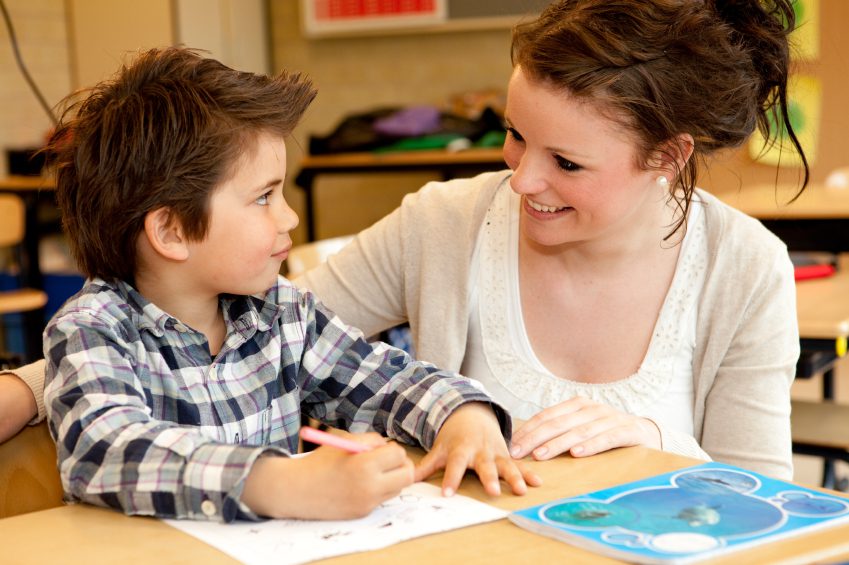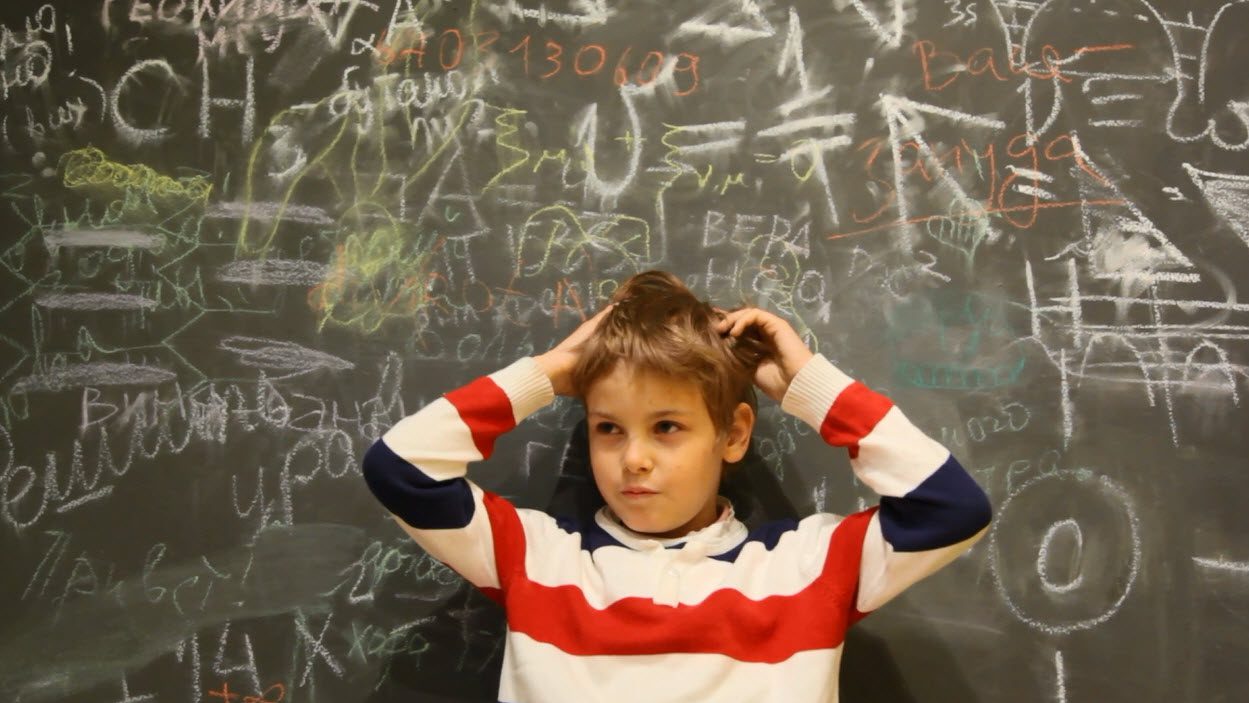Processing Speed in Social Relationships

Posted in: Grade School, Parenting Concerns, Pre-School, Videos, You & Your Family
Topics: Learning + Attention Issues, Relationships
This post is one in a multi-part series from Dr. Braaten entitled Bright Kids Who Can’t Keep Up. The other posts in the series are:
- Intro to Processing Speed
- Coping With Slow Processing Speed At Home And At School
- Q+A: What’s the Difference Between Slow Processing Speed and Other Disorders?
***
Processing speed is the time it takes us to perform a certain task in a certain amount of time. Some kids are naturally fast. They run, talk, draw, and do all sorts of things at a rate that seems appropriate for their age. Kids with slower processing need more time to process that same information. Although we don’t tend to think of processing speed as a necessary part of social relationships, it can play a role in several ways, some of them subtle and others more directly.
Our research at MGH has shown that children with slow processing speed are at greater risk of social deficits. They have higher rates of social and language delays in early childhood, and this combination of slow processing and language delays is a recipe for social problems at an early age. Many of these kids continue to have social skills problems throughout their development.
Parents frequently report concerns with social communication, social awareness, and social thinking. Teachers see similar issues in school, with 50% of the children in our sample displaying social problems at school. These problems included things such as difficulty spontaneously complimenting others, problems quickly picking up on social cues from peers, and a reluctance to join group activities.
The social difficulties seen in our sample of children with slow processing speed were usually mild to moderate, meaning that their social problems might be apparent only in certain situations, such as fast-paced environments. These difficulties are also very responsive to some general supports from parents and teachers.
It’s important to remember that not every child with slow processing speed has problems with social skills, and the impairment can vary greatly, but here are some of the most common problems reported by parents and teachers:
- Takes longer to pick up on social cues, thus missing the point of the social exchange
- Interactions can seem awkward because it takes them a long time to figure out a response
- They lose track of what’s happening during pretend play or games, causing their peers to become frustrated with them.
- They are disorganized in relaying stories or telling jokes, causing their peers to lose interest in what they are saying
- Problems with time management (and getting things done on time) causes friends to become exasperated with them
- Slow work performance makes it hard when working within a group and on group assignments
So, what can you do if you are concerned that your child has social problems because of slow processing speed?
The first thing to do is to accept the problem. Getting an evaluation (through the school or a private evaluator) is the first step in understanding and acceptance. In addition, there are many ways to accommodate the social skills deficits seen in kids with slower processing speed. The more common recommendations include the following:
- Simplify Social Situations and Provide Guidance. One of the most important, and obvious, accommodations is to allow your child more time to process social interactions. If your child is young, the best way to do that is by limiting the number of students for playdates and/or controlling the environment. While it’s more difficult to control social relationships as children grow older, find teachable moments where you can talk about your child’s day and help him deconstruct what might have gone wrong. Teach your child about her learning profile so that she can begin to notice when slow processing speed might be causing her difficulty, as well as knowing how to capitalize on her own strengths.
- Scaffold Social Interactions. By scaffolding I mean gently helping your child out in difficult social situations and then slowly stepping out of the interaction so that your child can manage things on his own. For instance, setting up a playdate for your 6-year-old son would involve coming up with activities such as a craft activity where you are in close proximity and helping to monitor how the social situation is going. For a middle school student, it might involve organizing a movie, offering to help drop off and pick up so that you can subtly help structure the timing of the activity, or assisting her in getting ready so that she won’t be late and disappoint her friends.
- Provide Support for Organization and Communication. Kids with slow processing speed often need help organizing their thoughts so that they can communicate better. If this is a problem for your child, if he is a relaying a story that you can’t follow, don’t just nod and pretend to listen (as most parents have done once or twice). Make sure to be an active listener who says things such as “I couldn’t follow what you were saying.” You can also help your child be an active listener by helping her understand what information is primary and which is secondary. You can also help your child focus on the “big picture” of a story or event so that organization can flow from larger topics to smaller ones.
- Provide Assistance during Complex and Fast-Paced Situations. Kids with slower processing have the most difficulty when confronted with complex, unfamiliar, fast-paced social situations. Help your child learn to notice when social situations start to feel complicated or overly intense. Prepare your child in advance if you know that the situation has the potential to be overwhelming by reviewing what will happen and who will be there. Suggest having trusted friends nearby to provide prompts or facilitate communication.
Finally, encourage your child to express his needs in everyday activities. Help him to understand his learning profile and how it may impact him in different situations. One of the most important skills we all need to acquire is the ability to understand ourselves. Help your child take inventory of her social strengths and weaknesses. Use this as an opportunity to build self-awareness and resiliency. While social vulnerabilities are common in kids with slower processing speed, these kids are frequently some of the most empathic and socially aware kids I’ve ever met. Giving them time to develop and demonstrate these skills is the key to helping them achieve success.

 Share
Share Tweet
Tweet





